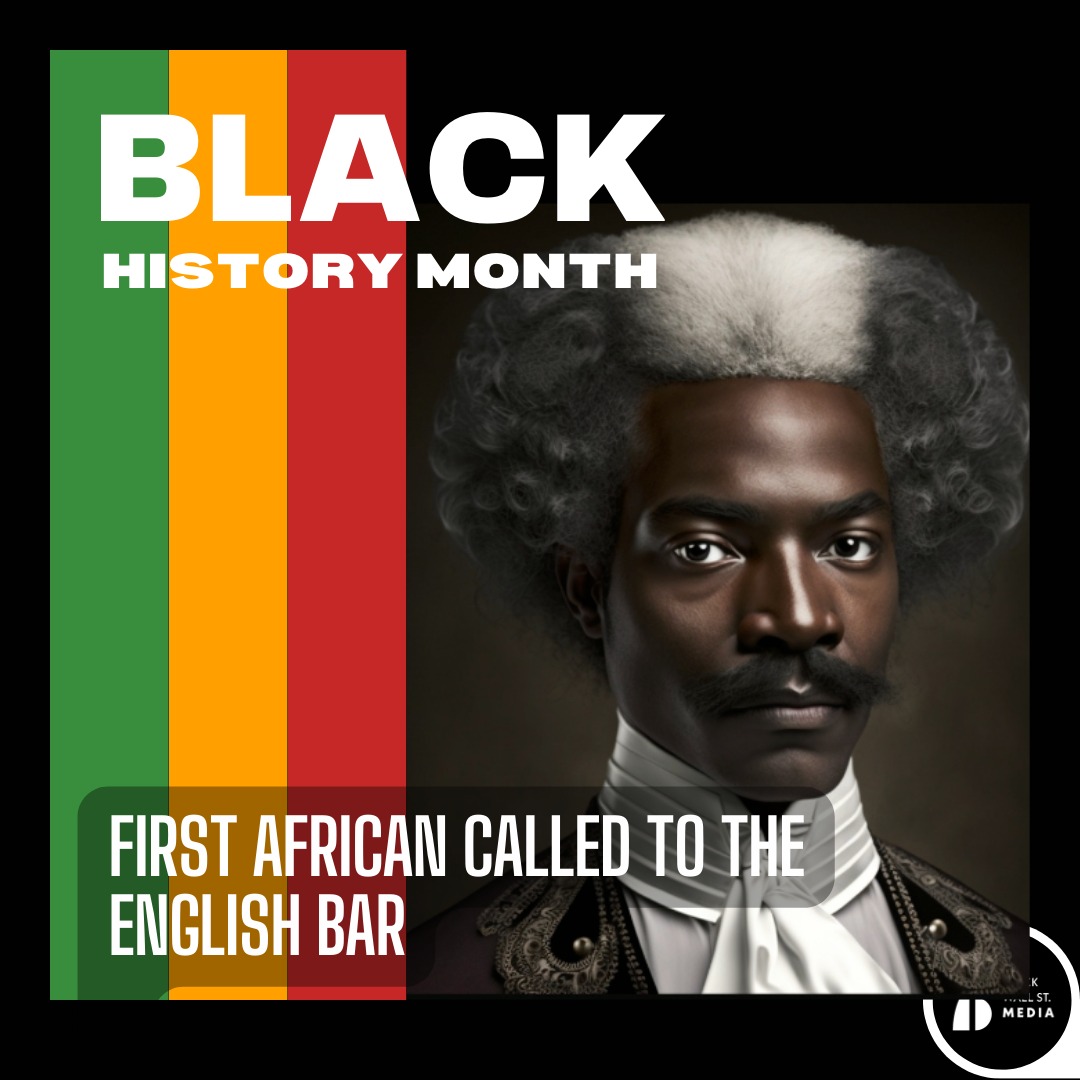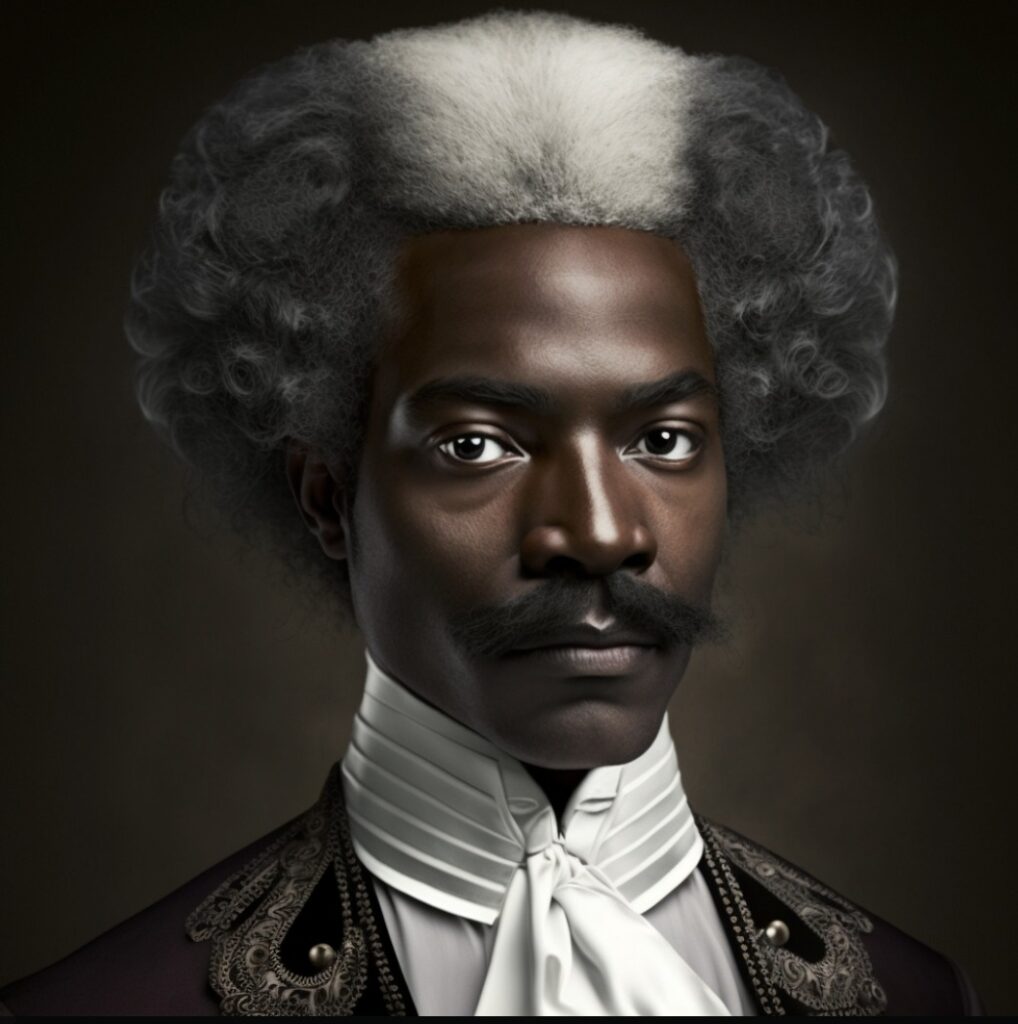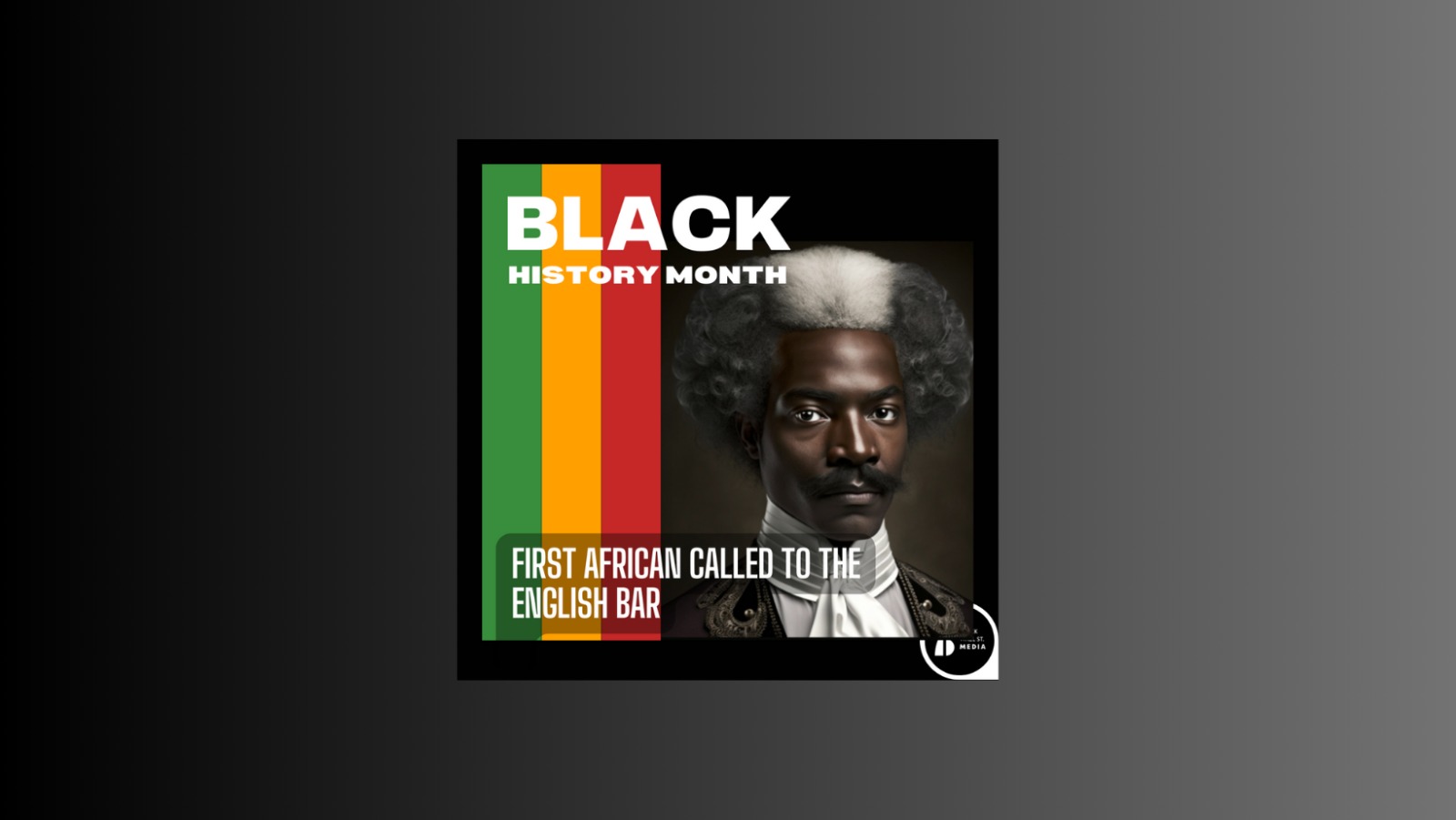HISTORY
Christopher Alexander Sapara Williams: A Trailblazer in Law and Politics
“A lawyer lives for the direction of his people and the advancement of the cause of his country.”
Black Wall St. MediaContributor

In the annals of African history and in the corridors of legal and political evolution, the name of Christopher Alexander Sapara Williams stands out prominently.
Born on 14 July 1855 and passing on 15 March 1915, he holds the distinction of being the first African to be called to the English Bar, blazing a trail for many that would follow.
Early Life
Although of Ijesha origin, Williams was born far from Nigeria, in Sierra Leone. This distant birthplace did not deter him from making a significant impact on his homeland.
His ambition and thirst for knowledge led him to London’s Inner Temple, where he diligently studied law and was called to the English Bar on 17 November 1879. On his return, he began his practice in Lagos Colony, distinguishing himself with his unrivalled advocacy skills and an intricate understanding of the customary law.
Williams wasn’t just a practitioner; he was a cornerstone in Nigeria’s legal fabric. Enrolling in the Nigerian Bar Association on 30 January 1888, he led as its chairman from 1900 to 1915.
However, his entry into the world of law was in a Nigeria where due to a shortage of qualified lawyers, even those with rudimentary knowledge of English law could practice as attorneys until 1913.
Political Journey
The world of politics beckoned, and Williams responded. Serving from October 1901 until his untimely death in 1915, he was a member of the Legislative Council.
Williams had a penchant for being at the heart of significant reforms and decisions. For instance, during the toll crisis in 1903, he advocated for the retention of the tolls, a position supported by other indigenous opinion leaders of the time.
His forward-thinking ideas often put him at the forefront of change. In 1904, he proposed an administrative reshuffling, aiming to bring the Yoruba-speaking populace under one administration. But his aspirations clashed with those of Sir Frederick Lugard, with the latter’s perspective largely prevailing.
In 1905, Williams’ visit to England wasn’t merely ceremonial. He proactively made several policy change suggestions to the Colonial Office, showcasing his constant quest for improving his homeland.
However, Williams was not one to shy away from challenging the establishment. In 1909, he vociferously opposed the Seditious Offenses Ordinances, defending the freedom of the press and asserting that sedition was foreign to the Yoruba people. His efforts, while commendable, could not prevent the bill from becoming law.
His influence on others was palpable, evident in his encouragement of Herbert Macauley to initiate a meeting that eventually gave Macauley a platform to challenge colonial practices.
Beliefs and Legacy
Williams was a fascinating blend of traditional and modern. He believed in the European concepts and institutions and felt that their integration was essential for the development of the colony. Yet, he was also deeply rooted in his culture, exemplified by his sponsorship of the traditional Egungun dance in 1896.
His life can be encapsulated by his words: “A lawyer lives for the direction of his people and the advancement of the cause of his country.”
While he passed away in 1915, the legacy of Christopher Alexander Sapara Williams endures.
He remains a testament to the indomitable spirit of those who challenge the status quo, advocating change and leaving an indelible mark in the corridors of power. His life story serves as an inspiration to every African child that they too can break barriers and redefine norms.

Black Wall St. MediaContributor








